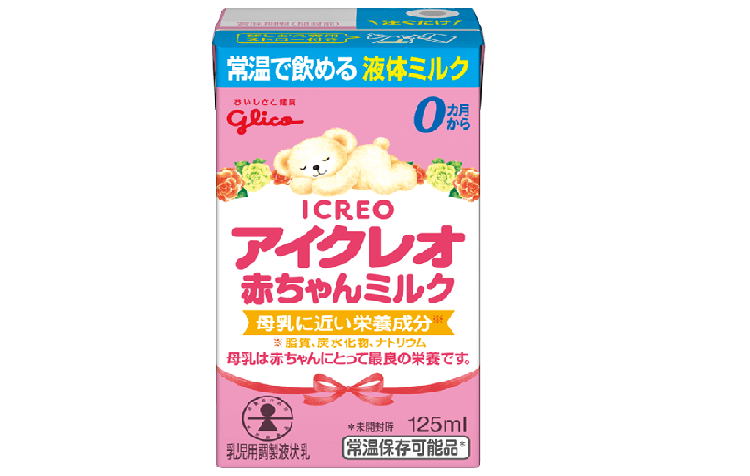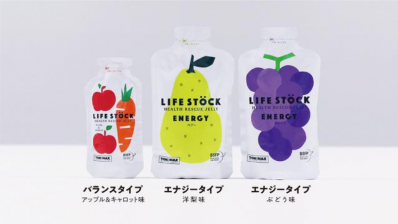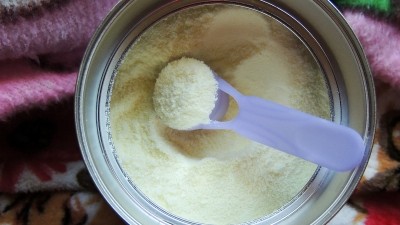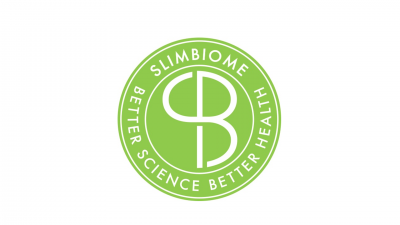Vending machine infant formula: Japan's Ezaki Glico ramps up solutions for emergency and convenience

The decision to do so was made largely to meet consumers' needs during emergency events, such as natural disasters, and also to provide greater ease of convenience.
The vending machine is located at a newly opened roadside station in Hamatonbetsu, a town in Hokkaido. There are currently 1,154 registered roadside stations in Japan, which consist of parking lots, restrooms, and community facilities.
They also act as a holding area during natural disasters and authorities from Hokkaido are also working to establish a 24hour baby corner in the roadside station.
"By selling (the liquid infant milk) at vending machines, it can be purchased anytime, 24 hours a day, so it is convenient for going out, and it is expected to be used as a stockpile for disasters," Ezaki Glico said.
The product, available in carton packs, is 125ml per pack and has a shelf-life of six months.
Sales responses
Most consumers bought liquid infant formula as an emergency back-up and when travelling out of the house, according to a survey conducted by Ezaki Glico.
About 122 consumers took part in the survey.
Most of the consumers said they bought the liquid infant formula to prepare for times of emergency (80.3%) and for use when they were out of the house (79.5%).
On the other hand, one in three said they bought the product when entrusting their babies to other caregivers.
As for the response to the the liquid infant formula, 61.3% said their infants drank the product as though it was powdered milk in room temperature.
About one in three said that their infants drank the liquid infant formula slowly at first, but drank it as though it was powdered milk after warming it.
Another 8% said that their infants refused to take in the product.
Liquid infant formula has only recently been permitted for sale in the country.
Besides Ezaki Glico, which started to sell the liquid infant formula from March 11, Meiji was the other firm to be approved by Japan’s Ministry of Health, Labour, and Welfare for production of liquid infant formula for the domestic market.















